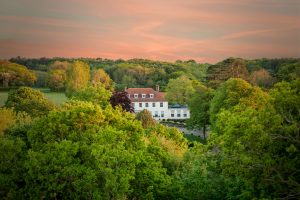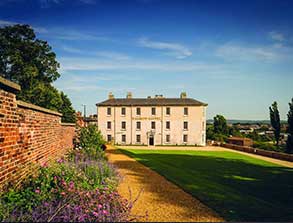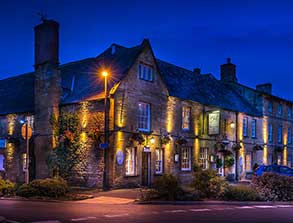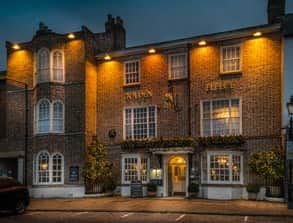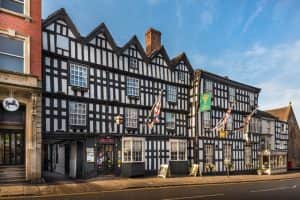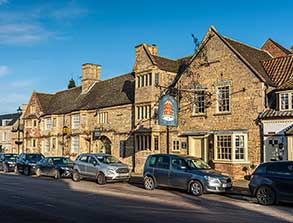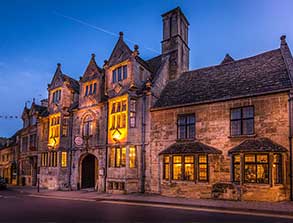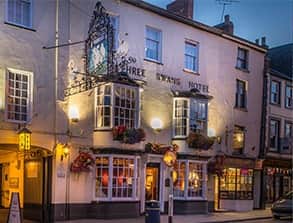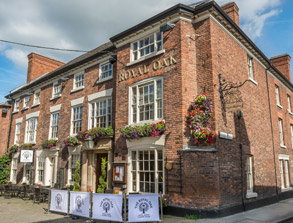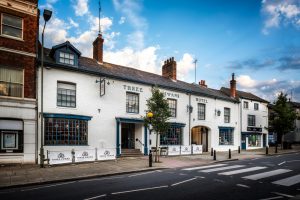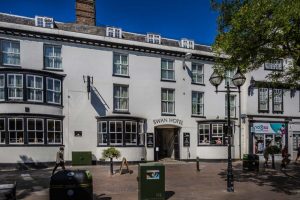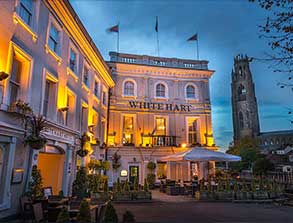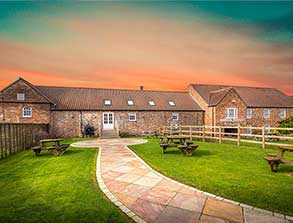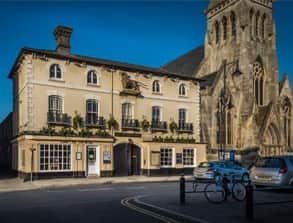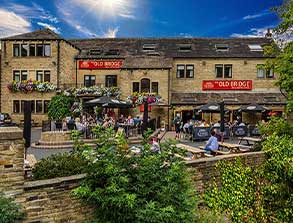At the centre of the town’s international horse fair
The earliest known history of The Admiral Rodney Hotel in North Street, Horncastle, Lincolnshire, dates from the 1790s when it was part of the considerable Lincolnshire estates of one of the world’s most famous and revered botanists – Sir Joseph Banks, of nearby Revesby Abbey.
From 1768 he was the chief scientist on board Captain James Cook’s three-year voyage of discovery to South America, New Zealand, and Australia, and later he despatched scientists around the world to collect plant species for the development of the Royal Botanic Gardens at Kew.
Sir Joseph Banks almost certainly knew the Royal Navy’s serially successful Admiral George Rodney, who reached the height of his fame during the American War of Independence (1775-83). He became a national hero, resulting in many inns throughout England being named in his honour. It’s not known when The Rodney Inn at Horncastle was so named, except that it was no later than 1793, which was shortly after Rodney’s death.
During the 1800s, The Rodney Inn was at the centre of the town’s international reputation for horse trading. The August Horse Fair ran for two or three weeks and was acclaimed the largest in the world. Sellers came from all over the British Isles and stayed at inns equipped with extensive stabling, notably The Rodney Inn, which after being completely rebuilt in 1865 became the established haunt of the Irish dealers. At the back of the inn a large paddock, which is now the car park, was the scene of hectic activity during the fairs, which attracted buyers from all over Europe.
The Revesby Abbey Estate sold The Rodney Inn in 1954. It changed hands many times in the decades that followed, and in 1989 underwent a major rebuilding and renaming to the Admiral Rodney Hotel. It was acquired by the Coaching Inn Group in 2011, since when it has been adapted to meet the modern hospitality needs of the area.






